"There is enough war for everyone." What do soldiers say about frontline depreciation in the army?
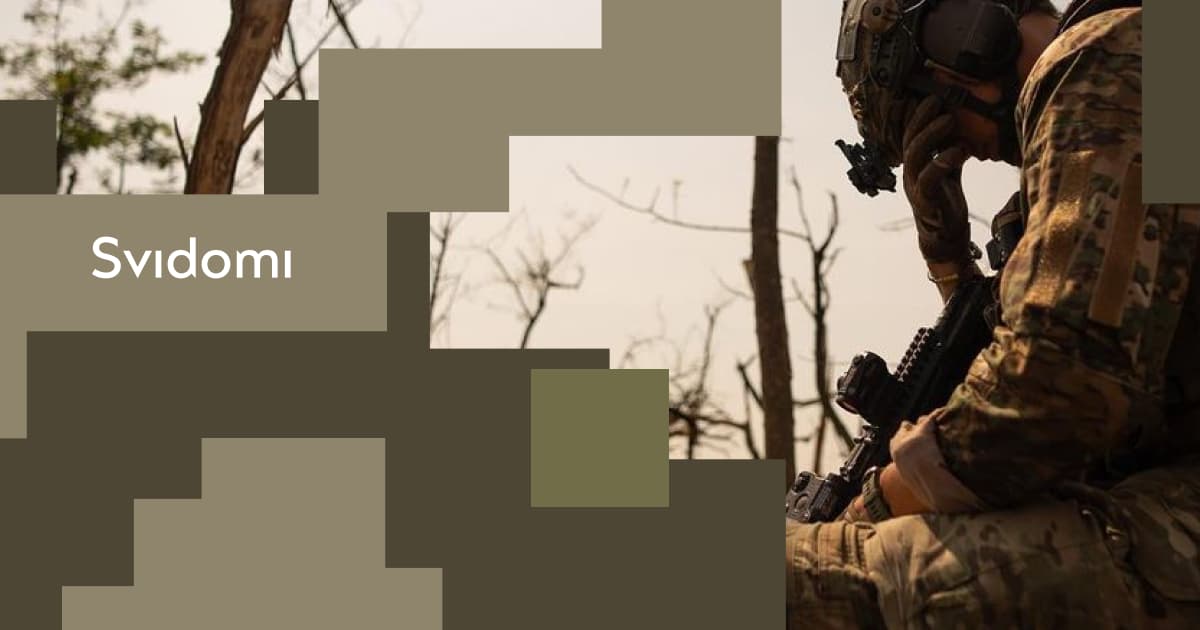
For Ukrainians, the image of a serviceman is the personification of a hero who is capable of anything. However, the military can also experience anxiety, guilt, and sometimes self-depreciation during the war.
Some are on the front line longer, some are more often recognised on social media, and some are consulted as experts.
Read about how the military devalues their work at the front and how they compare their achievements with each other in our article.
Depreciation among the military
Among those who have joined the military, not all of them take part in hostilities but work in units in the rear. "This can cause self-blame, especially when your brothers and sisters in arms experienced intense hostilities or were even encircled, and you cannot be there for them," says Ivanna Kovalchuk, a psychologist at the Veteran Hub support line.
According to her, this causes anxiety and guilt.
"Being in relative safety causes depreciation. This can be observed in most soldiers who want to take part in combat but, due to various circumstances, remain in the rear," the psychologist said.
Marharyta Rivchachenko, a spokeswoman for the Armed Forces of Ukraine, mentions that depreciation also exists between soldiers in different units. She says that those who are not in the combat zone are not always appreciated. According to her, this attitude is shaped mainly by civilians who do not always respect the military in the rear.
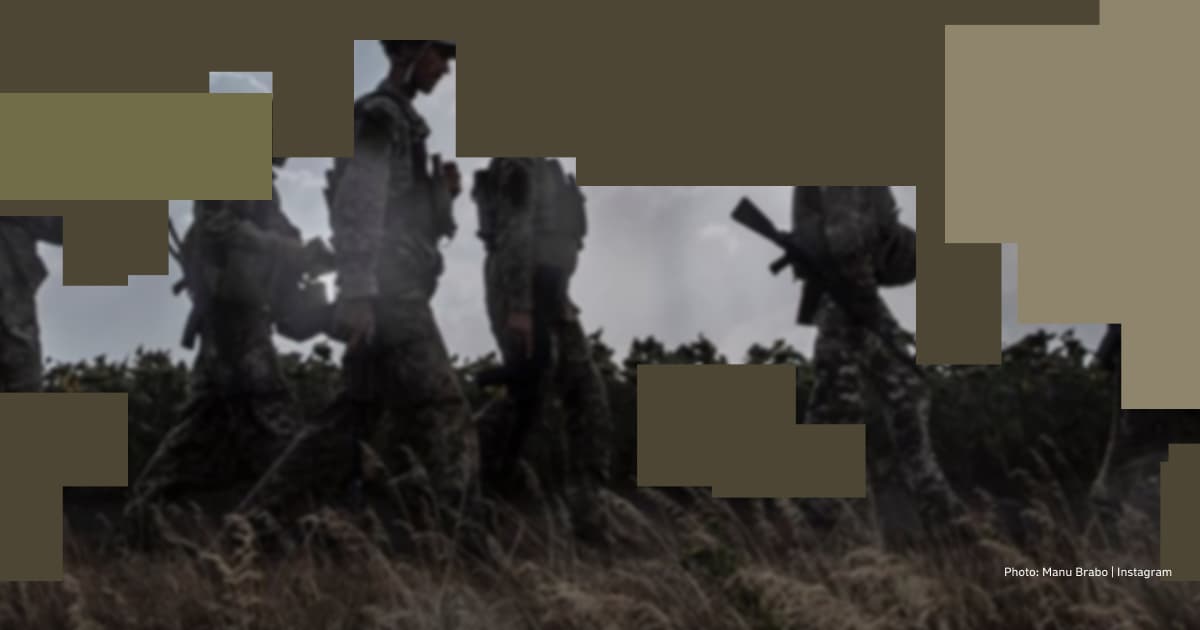
When a unit is not in the combat zone, it depends on the leadership, not on the people in it,"
says the press officer.
Petro Konoplia, a combat medic with the 35th Rear Admiral Mykhailo Ostrohradskyi Separate Marine Brigade, says that the soldiers get used to their work, so sometimes their achievements become routine. In his opinion, this does not devalue their work, as it becomes a duty.
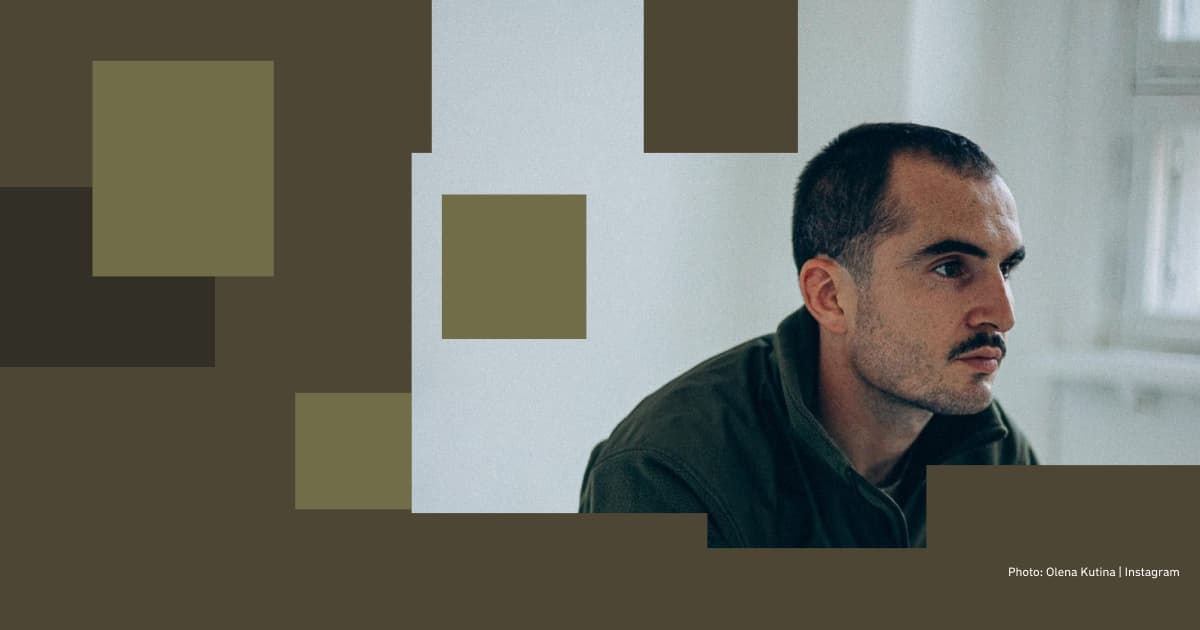
"The military get used to life on the frontline and do things that are already ordinary for them. You can risk your life several times a day and do extremely important things, but it becomes routine for you, so you don't always realise the greatness of your work," the soldier says.
He has noticed a depreciation among the soldiers when some are more media-friendly and others are not. "This makes you think that you are doing less and don't deserve such attention," says Petro Konoplia.
There is always an area on the frontline with more intense battles, so it gets more coverage.
But there is enough war for everyone. Today you can be in a quiet area, and tomorrow you will have to replace the people who are now in combat. Therefore, there is no need to be additionally nervous that you are not in your place,
says Ivan "Hroza," a soldier of the Carpathian Sich combat group of the 206th Territorial Defence Battalion.
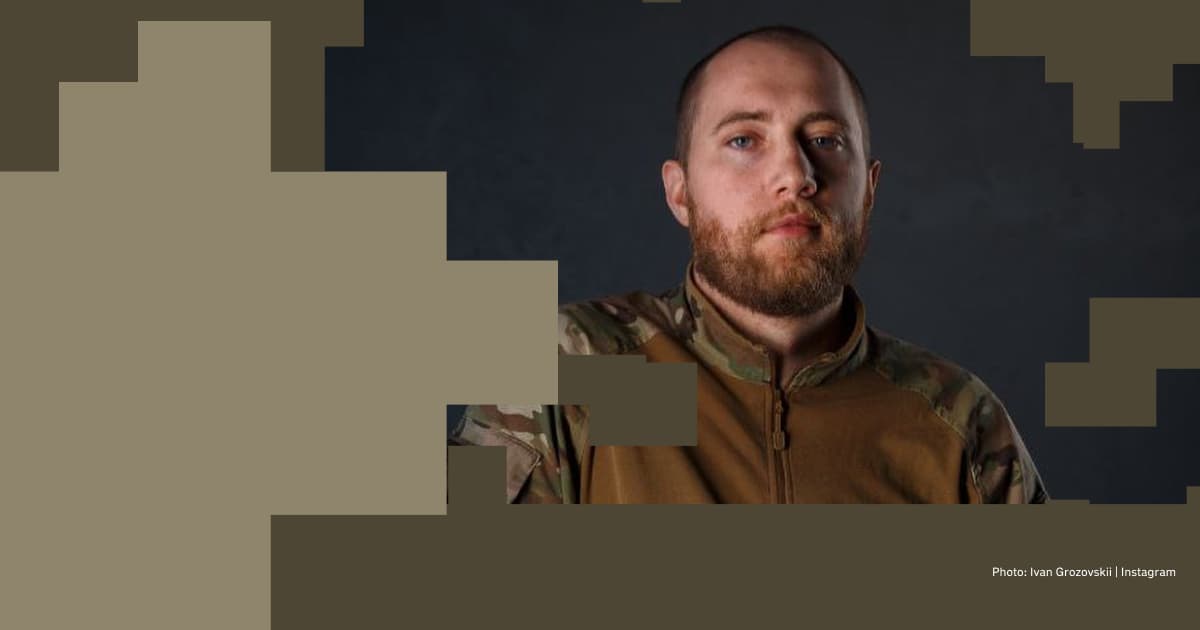
Depreciation of Territorial Defence Units
Society does not always perceive territorial defence forces as a branch of the armed forces. This sometimes leads to a devaluation of the TRF servicemen.
Captain Oleksandr Sevastianov, Head of the Public Relations Service of the 106th Separate Territorial Defence Brigade, said that at the beginning of mobilisation in 2022, people joined the territorial defence forces hoping to remain in the rear and receive high salaries.
Currently, the Territorial Defence Forces are a separate branch of the Armed Forces of Ukraine with its own tasks.
"Each TRF brigade is supposed to defend its region within its borders. But it quickly became clear that this doesn't work: you need to meet the enemy where they have reached, not wait for them to reach the border of your region. So, as a rule, TRF units are located in the mission areas alongside other units of the Defence Forces, and they perform their tasks in the same way as others," explains Oleksandr Sevastianov.
In order to avoid depreciation, the military advises not to divide the military into the better and the worse ones.
Returning to civilian life
When veterans take up civilian positions, regardless of the reason for their demobilisation, the question "Have I done enough to end this war?" pops up in their minds almost every day, and every time the answer is "No," the psychologist explains.
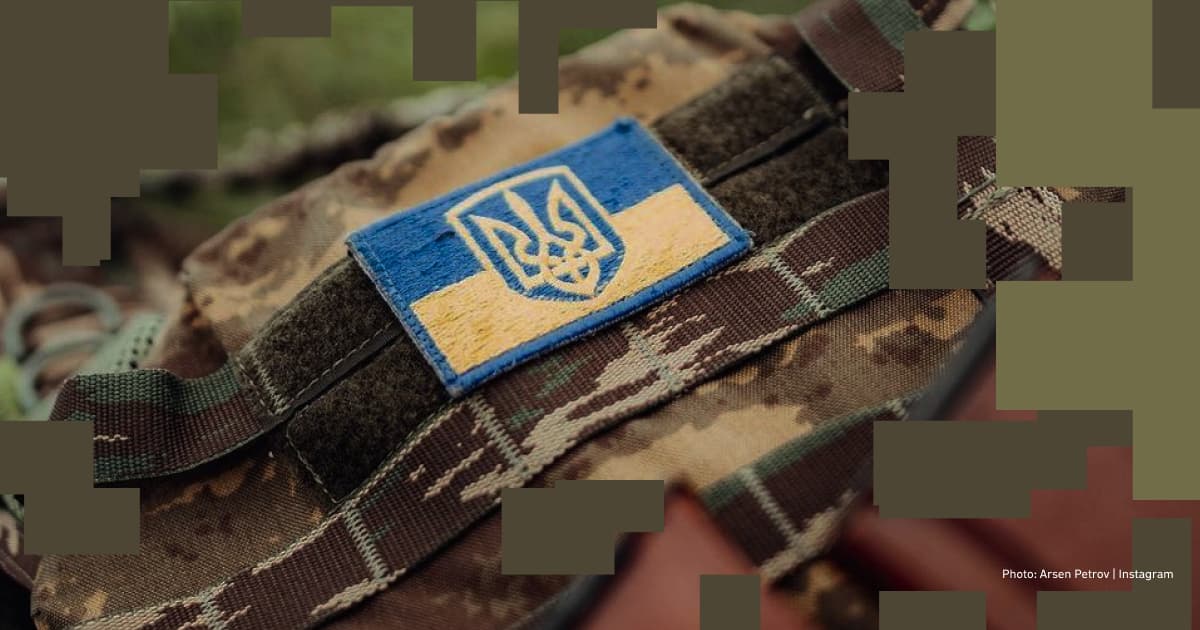
"At the same time, you start to feel as if you are doing something insignificant. There, in the war, you were a warrior defending the world, defending the country. And here, you are just an employee who has to think about how to pay the rent," explains Ivanna Kovalchuk.
Artem Osypian, a psychologist officer in the Armed Forces of Ukraine, spent almost all of 2022 at the frontline as a volunteer and returned to civilian life in early 2023.
"I felt out of place, even though I was looking for non-compromising options, such as working with veterans at the Veteran Hub. Even when you do useful things, you feel out of place. You feel that you right now could be with your brothers in arms and do more useful things there [at the front]. It seems that this is the only important thing you can do. You feel that real life is over there, and this is fake," says Artem Osypian.
Osypian has noticed the effect of "post-frontline depreciation" first-hand. According to him, it occurs when you are not directly at the front or next to your fellow soldiers. This feeling can appear when things that seemed important in civilian life lose their meaning and significance after being at the front.
"You don't enjoy what you used to enjoy. It's like you're traumatised by your previous experience, but it could actually be a hidden transformed sense of guilt. It blocks the pleasure of being able to go to the cinema or go on holiday, or generally continue your life as a civilian," says the psychologist.
The serviceman gives the example that there is survivor's guilt, but there is also "civilian's guilt" — the feeling of inferiority of life outside of war.
Artem Osypian managed to completely get rid of the feeling of depreciation only after he returned to the army.
Civilian communication
To avoid making the military feel that their work is devalued, one should not divide units into those on the rear and those on the front line. "This is the first moment of depreciation," says psychologist Ivanna Kovalchuk.
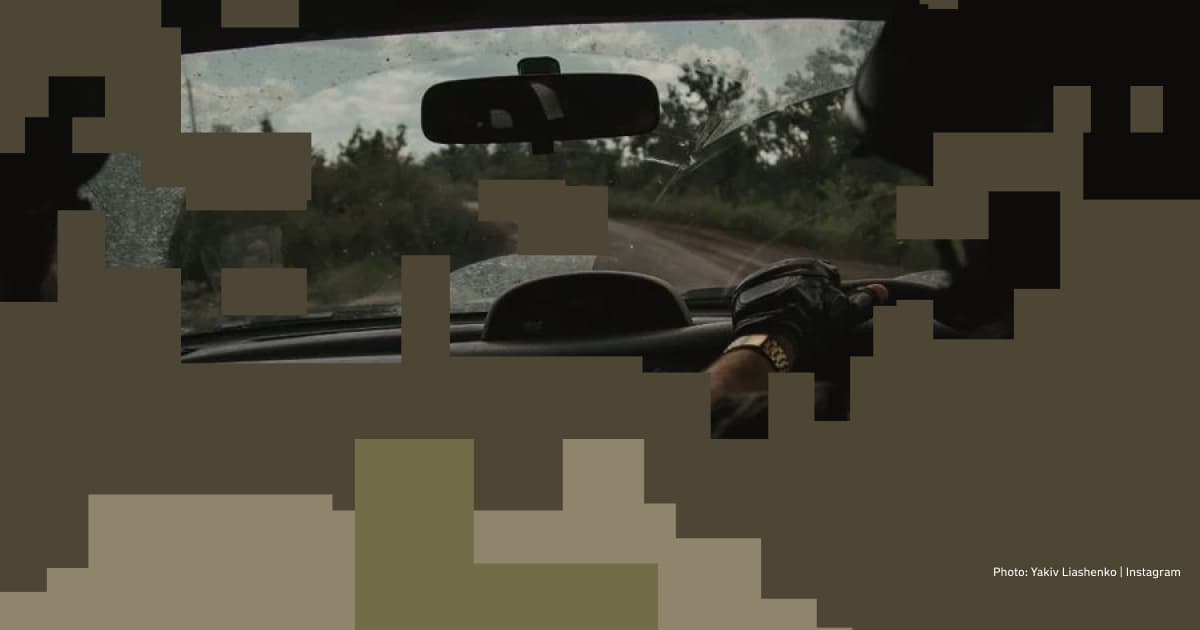
"When communicating with the military, in order not to make them feel guilty and depreciated, we should avoid initiating conversations about war, death, loss, grief, and memories," says psychologist Ihor Ozerskyi.
Kovalchuk emphasises that it is important to understand and respect the work of all parts of the Armed Forces, as it is one system in which each element directly or indirectly affects the work of the other.


